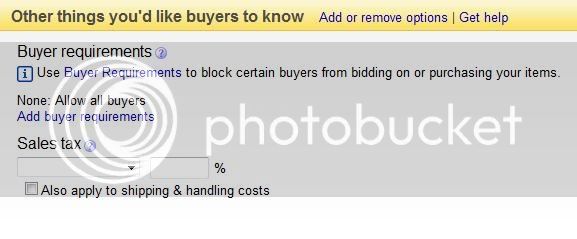Most of the money isn't wasted, actually. Most of it goes to what it is supposed to, and that includes public goods (stuff that we all need but probably wouldn't voluntarily pay for if the government didn't make us--like the military--because it requires overcoming the "collective action problem"). However, a lot of it does go to pork and inefficient administrative type costs. But realistically, there is no way around a lot of that. Our democracy has pros and cons, and one of the cons is narrow interests of constituencies. So, Louisiana shrimpers want subsidies, and they make up a major interest bloc in the state, so that's what our legislators are gonna lobby for. Better than having a corporatist system. Another problem is an over-reliance on standard operating procedures and entrenched bureaucratic inertia, but if you lose that stuff, you open up a whole new can of worms dealing with the costs of starting from scratch, investing in extensive research and administrative costs involved with establishing new bureaucratic procedures and structures, etc. In order to ensure that the new system minimizes waste, you have to constantly invest resources dedicated to that end, which would probably outweigh the costs of the actual existing waste in the long run. Plus, though you gain flexibility, you lose pre-existing knowledge when you do that. Things are the way they are for a reason. Frequently, for a good reason.
It is easy to say "let's get rid of waste," but damn near impossible in practice. When you reduce existing "waste," you are creating new costs. Plus, waste is a necessary outcome in complex political systems. Particularly one with the kinds of pluralistic interests that we have in the U.S.
You can avoid all this with an authoritarian dictatorship, of course.
















